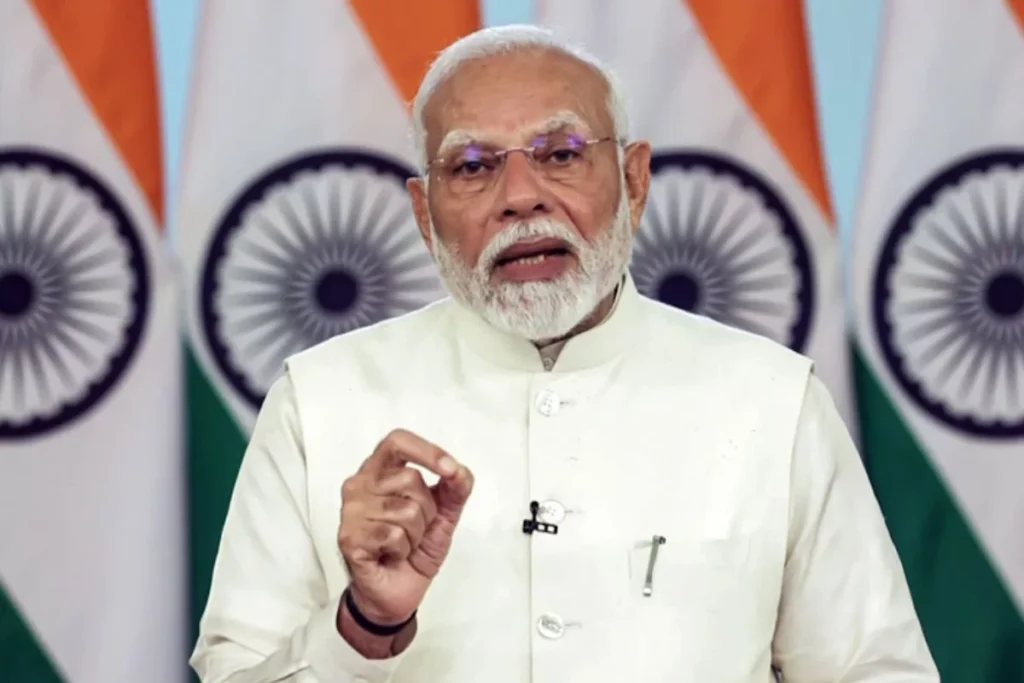Contents
TogglePM Modi Hails Uniform Civil Code as “Secular Civil Code” After Uttarakhand Implementation
First State to Adopt UCC Draws National Attention and Political Response

Prime Minister’s Statement
Prime Minister Narendra Modi endorsed Uttarakhand’s implementation of the Uniform Civil Code (UCC), characterizing it as a “Secular Civil Code” that will strengthen democratic values. Speaking at the inauguration of the 38th National Games in Dehradun, Modi congratulated the state government and drew parallels between UCC and sports, emphasizing non-discrimination.
Historical Context
The UCC represents a longstanding objective of the BJP government:
- Aims to replace existing personal laws on marriage, divorce, and inheritance
- Has been a key component of BJP’s political agenda
- Included in the party’s 2024 Lok Sabha Elections manifesto
Implementation and Opposition
The implementation has generated diverse responses:
- Muslim leaders express concerns over conflicts with Islamic personal laws
- Critics question impact on religious practices
- Focuses on marriage, divorce, and inheritance laws
- Uttarakhand becomes the first state to implement
Vice President’s Support
Vice President Jagdeep Dhankhar defended the UCC:
- Described it as a constitutional mandate
- Emphasized its role in promoting gender equality
- Predicted nationwide implementation
- Addressed criticisms as stemming from ignorance
Future Expansion Plans
BJP’s strategy for wider implementation includes:
- Home Minister Amit Shah’s announcement of plans for all BJP-ruled states
- Uttar Pradesh and Madhya Pradesh indicating intentions to introduce similar codes
- Integration into broader political agenda
Political Implications
The implementation carries significant political weight:
- Represents fulfillment of BJP’s campaign promise
- Sets precedent for other states
- Creates potential template for national implementation
- Generates political discourse on religious freedom and secular governance
Constitutional Context
The move aligns with constitutional principles while raising questions:
- Balances uniform civil law with religious freedoms
- Addresses gender equality concerns
- Considers constitutional mandate
- Examines federalism implications
Next Steps
The implementation in Uttarakhand serves as a test case:
- Other BJP-ruled states watching closely
- Potential legal challenges anticipated
- Implementation strategies being developed
- Impact assessment ongoing
This landmark development marks a significant shift in India’s legal landscape, potentially influencing similar legislation across other states while generating continued debate about its implications for religious freedom and constitutional values.

